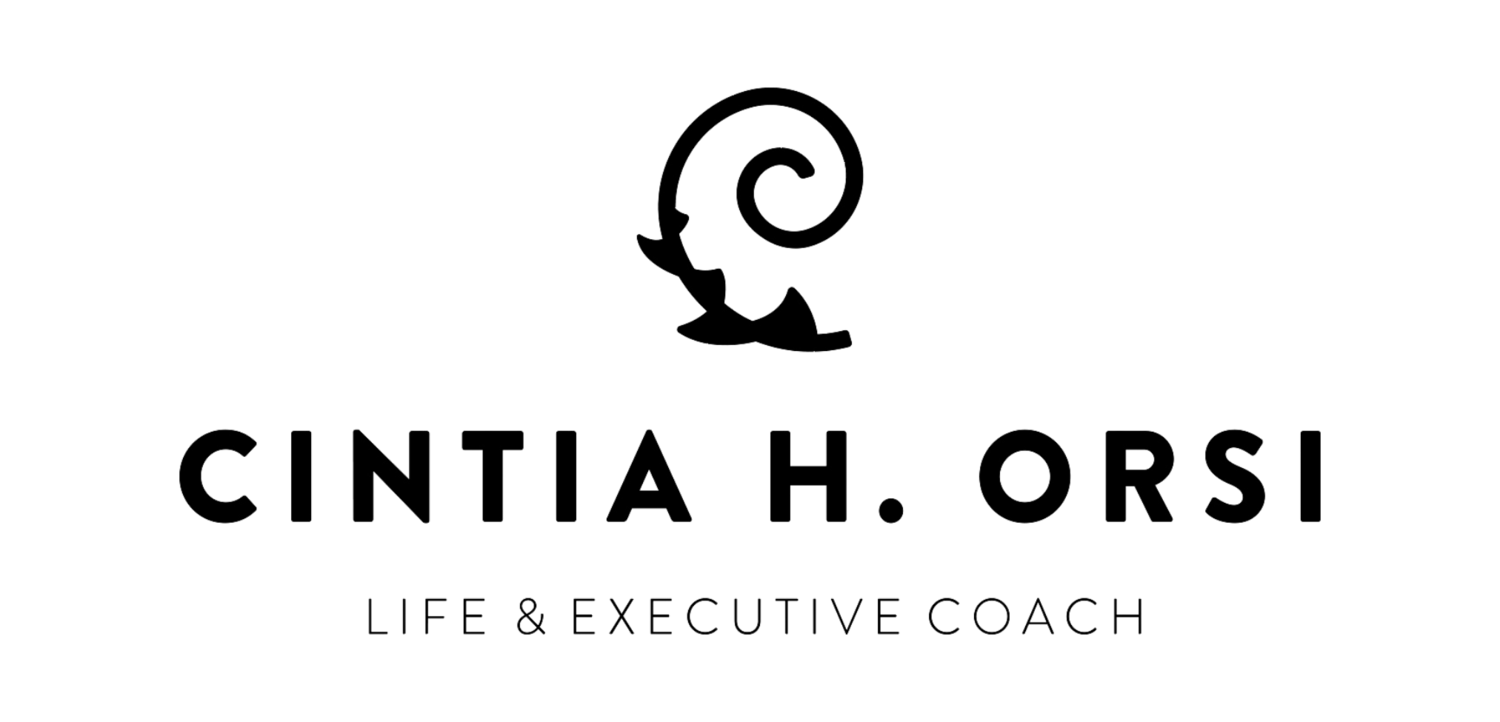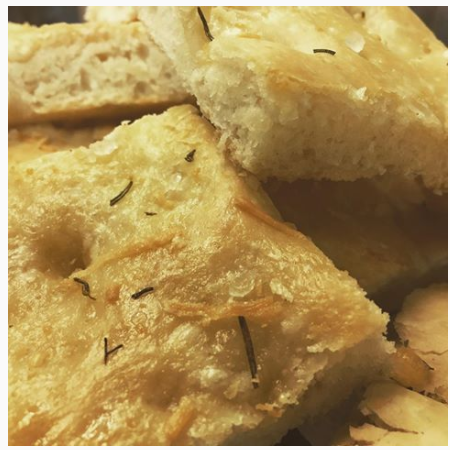Achieving meaningful excellence - Mari's striving journey towards the perfect bread
How to achieve excellence? What is excellence in the first place? By definition, excellence might refer to an exceptional characteristic or quality. Therefore, it requires comparison and consistency. And what am I comparing exactly? The history of humanity points us to excellence as a search and, at the same time, a result. So, where should my focus and effort to achieve excellence be? In the process or the outcome? I invited Marilene Pavan Rodrigues to share with us her experience in learning to make bread. For many of you, making bread has been a new experience during quarantine. Still, for Marilene, this journey began many years ago!
Marilene Pavan is a Brazilian biologist, researcher in synthetic biology at Lanzatech Inc., a company dedicated to producing ethanol from the fermentation of carbon dioxide. She lives in Chicago with her husband and kitten, Rodela.
On personal purpose and significance:
One of the first breads - Fun Facts for Foodies Instagram by Marilene Pavan Rodrigues.
When Mari started making bread in 2015, she was working with yeast research at a multinational. Perhaps you already know that yeasts are the microorganisms responsible for the growth of bread, the "fresh yeast" that is prepared for better storage into "dry yeast". Part of her research involved yeast fermentation: "I remember being delighted, the first time we made a fermentation, I remember the smell. There was a time when it smelled like champagne. Sometimes it smelled like bread. And then I wanted to take a little bit of that knowledge and pleasure back to my home."
So Mari started making yeast to make bread.
Aware that you don't know and that there are skills to be developed:
"The first yeast didn't work! It died. It didn't go forward." - Mari vents when she tells us about the initial challenges. She expected that by having experience with yeast, it would be easier. Despite having knowledge and experience, the situation was different and therefore required other skills. The motivation was there, but recognizing that she still had a lot to learn and develop was a first step towards having an apprentice mentality and humility for effective learning! What an incredible learning moment!
The first difficulty – "It takes about five days to have a yeast strong enough to make bread and then, in the beginning, it was difficult to control the temperature, control the amount of wheat, water, what kind of water ... In the beginning, I thought it was going to be a lot easier."
The second difficulty - 'Challenging still, other variables that enter. Not only the yeast but also understanding how the flour behaves, how gluten is developed. This added to other levels of difficulty that I was not prepared for, so in the beginning, it was complicated to understand and master all these variables."
Keep persisting!
Developing a competence means starting from where you are and moving to the place you want to be! Often, we already have the competence developed in another area of life. We can transfer it to the extent that would benefit from that competence. Here is Mari's development of various skills:
Looking from different angles and perspectives
Recognition of strengths
Transfer of skills between areas of life
"A practice that I brought from the laboratory, as a scientist, and that helped me move faster was to write down everything I was doing and change one variable at a time. And in parallel looking for literature and specialized channels and trying to be informed about the process."
Focus on the process
"I learned a lot; this is something we must do in the laboratory, read a lot, trying to understand more deeply how things work, each step of the process, why they work the way they work. If something goes wrong, try to fix it, try to change one variable at a time. Or if you want to improve what you are already doing well, also write everything down and change one variable at a time, moving towards a perfect process."
Patience and practice
"As I faced the challenges, I had to be very patient, because making bread as well as the laboratory experiments, especially in the beginning, goes wrong more than right, so I had to be very patient, write down everything I was doing, studying and repeating."
Making other breads: focaccia - Fun Facts for Foodies by Marilene Pavan Rodrigues.
What were the signs of success?
This bread is special because I made it with my sister while visiting Brazil. By Marilene Pavan Rodrigues.
According to Marilene's definition of success, she separates between result success and process success. The consistency of delivery is a sign of success towards excellence.
"I only got the perfect bread, the one I considered successful, after two years. But success for me was improving to the point that I would have a nice bread to eat and, more importantly, achieve consistency in what I was doing. In addition to being 'eatable' (stressing the edible condition). I started to get loaves of bread nice enough, one after the other."
"Consistency was what I considered my first success. I saw what was happening, what the process was like, how the flour and yeast were behaving, and how the temperature worked. So, it became easier to identify what could be improved and what were the points to improve from then on. When I started to consistently get loaves of bread good enough to eat and be able to get better faster, there, I thought I was successful."
Understanding what success means is essential to channel your focus and efforts. Focus on what is under your control that can be improved and optimized.
Aware that you know how to do well and keep going knowing that you will get even better!
Challenge yourself to learn something new, continue learning, and leave your comfort zone for a greater purpose. It requires the mentality that "we don't know what we don't know".
How do you know when it is time to challenge yourself? When the learning curve stops going up or goes up at a very slow rate. For Mari, the challenge was getting good at different types and techniques of bread making:
"I already know how to make sourdough, Italian, baguette, French bread, and within this universe, I know how to make bread with other flavors: pepperoni bread, sourdough with parmesan, and herbs, the baguette with cheese. I already made an amazing baguette with gorgonzola, fresh and dry-yeast fermented donuts. My pizza dough with fresh yeast is good too. Soughdoughs of different hydrations."
And the Journey Continues!
"I keep making bread, and the yeast is in the refrigerator. Now, with a more elaborate technique, I start on Saturday morning to bake on Sunday morning. Sometimes I pop it in the machine and let it grow, and sometimes I'll fold it every half an hour. Today is much better. The loaves of bread are consistently perfect. My next step is to move on to more advanced and complex techniques. The loaves of bread that I never tried to make, that I want to make, and that is more complicated would be the next phase: Ciabatta, which is more hydrated and more difficult to make and the two-color sourdough."
Excellence requires effort and much dedication. And beyond practice, challenging yourself beyond the comfort zone is what ends up distinguishing the good from the excellent!
Tip from Mari to whom never made bread and wants to start:
You need patience and persistence.
You have to write down everything you are doing.
You have to try to find out.
You have to observe and feel the dough and yeast.
"The feeling of getting perfect bread for the first time is overwhelming. I highly recommend it! All work, all dedication, all persistence will be worth it. These are learnings that you take to other areas of your life. These are things that you can apply to your work, relationships, and to look at some other areas of life differently."
Mari, thank you so much for sharing your beautiful journey of discovery and learning with us! It is a beautiful process that has become a powerful tool for all areas of your life!
“I consider making bread and this whole process of making bread very enriching helping me in other parts of life.”-Marlene Pavan Rodríguez
Sustainable Change
I asked Mari's permission to share her story and our story.
Ten years ago …
I met Mari more than ten years ago while working for the same company. Mari was one of my first coachees in my pre-certification career. Later, I had the opportunity to serve her during the training and certification process for personal and executive coaching. We remain connected through friendship, personally and professionally, until today.
Redeeming this journey is a reminder of how grateful I am for the gift of having special people in my life so we can learn from each other and grow together.
… and now!
With Love and Gratitude,








